As one of the important activities of the 5th China College Students’ “Internet+” Innovation and Entrepreneurship Competition, the 8th UNESCO International Conference on Entrepreneurship Education was held on October 9-11 with the theme of “Facing the Fourth Industrial Revolution”. The opening ceremony was held at the Qiushi Lecture Hall, Zhejiang University. Representatives from more than 30 national government departments, educational institutions, companies and social organizations as well as UNESCO, UNDP, ILO and SEAMEO attended the conference.
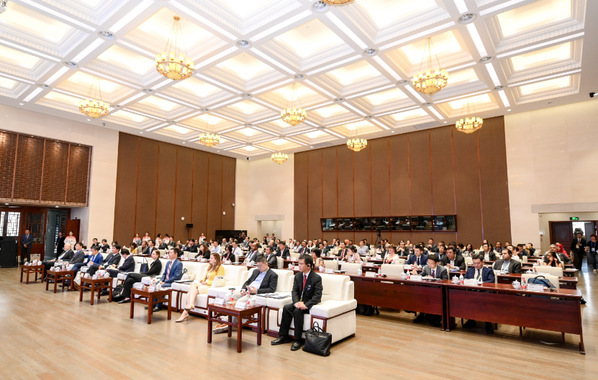
The opening ceremony
The conference began with the celebration for the tenth anniversary of the UNESCO Chair in Entrepreneurship Education at Zhejiang University. Participants reviewed the 10 years of development through a short film.
Keynote Speeches I
Then, Wu Zhaohui, President of Zhejiang University, Marielza Oliveira, Director of the UNESCO Office in China, Wang Qiming, Deputy Director of the Department of Higher Education of the Ministry of Education, and Xu Xiaozhou, President of Communication University of Zhejiang, delivered speeches respectively.

Wu Zhaohui, President of Zhejiang University
Wu Zhaohui hoped that through this conference, participants would take the initiative to adapt to the fourth industrial revolution, advocate innovative learning, and usher in a new era of innovation and entrepreneurship education. Independent, sustainable, and universal learning methods should be promoted.
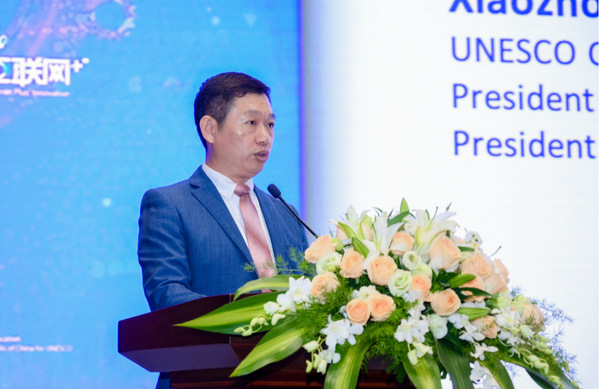
Xu Xiaozhou, President of Communication University of Zhejiang
Xu Xiaozhou believes that the current entrepreneurship innovation education faces a series of new problems and new challenges. Confronted with increasingly diverse, complex and fierce challenges in the future, universities, industries and governments should jointly promote the upgrading of the future entrepreneurial society. International cooperation on entrepreneurship education is also an important way to solve common problems.

Marielza Oliveira, Director of the UNESCO Office in China
Marielza Oliveira pointed out that the education system should adapt to the technological changes and involve the cooperation of man and machine. She hopes that after the conference, a clearer vision and action plans for educators, students and teachers can be formed to help them further understand how to provide better and more effective entrepreneurship education.
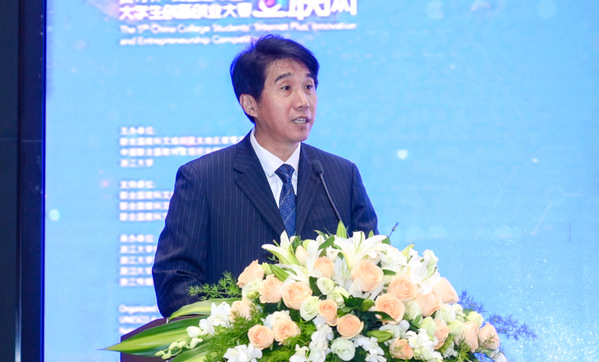
Wang Qiming, Deputy Director of the Department of Higher Education of the Ministry of Education
Wang Qiming elaborated on several tasks that the Ministry of Education has been promoting: strengthening the mission consciousness; improving quality; enhancing reform and innovation; building a new platform of “Double Innovation”. Wang said that this conference would be an opportunity for participants to deepen cooperation and work together to create a new realm of higher education in the world.
Keynote Speeches II
At the plenary session held in the morning, Mihaela Papa from MIT Sloan School of Management, Xu Ximing, Senior Vice President of Hikvision, Chen Hang, CEO of DingTalk, Wu Xiaocheng, Vice Secretary of the Party Committee of Zhejiang University and Hiromichi Katayama, Expert of UNESCO’s Section for Youth, Literacy and Skills Development, delivered keynote speeches respectively on the theme of “Impacts of the Fourth Industrial Revolution on Education”.

Mihaela Papa from MIT Sloan School of Management
Mihaela Papa believes that what we should focus on in the fourth industrial revolution is how to use this technological innovation to bring benefits to the society. She said that the global cooperation project of the MIT Sloan School of Management tried to provide cutting-edge interdisciplinary training projects, and hoped to create some educational models to cultivate entrepreneurial leaders.
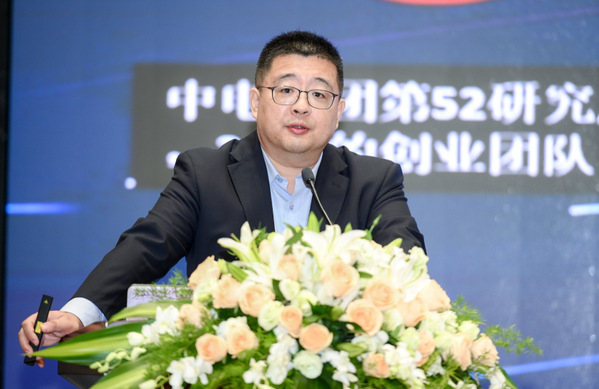
Xu Xinming, Senior Vice President of Hikvision
Xu Ximing pointed out that the fourth industrial revolution integrated intelligence, Internet and digital drive. In such a new era, it is necessary to realize the transformation from cultivating traditional engineers to comprehensive talents.
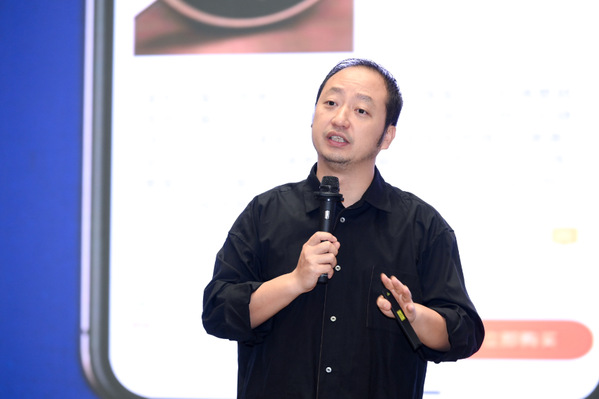
Chen Hang, CEO of DingTalk
Chen Hang believes that the current digital economy is mainly composed of three parts: digital working mode, digital lifestyle and digital education. The main challenge for digital education is that teachers should change their thoughts and teaching methods.
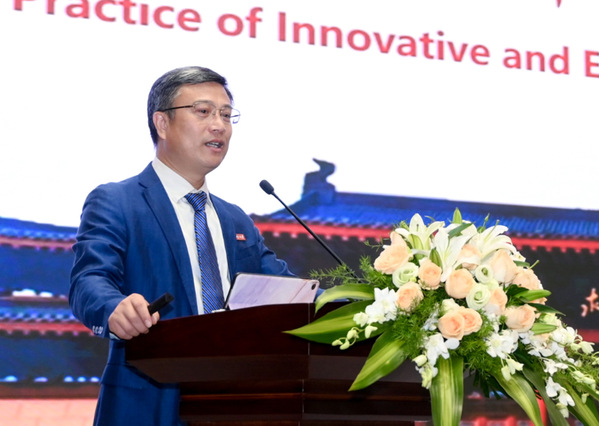
Wu Xiaocheng, Vice Secretary of the Party Committee of Zhejiang University
Wu Xiaocheng pointed out that Zhejiang University, with Zhejiang’s entrepreneurial genes and ZJU’s innovative spirit, is the first to propose an innovation-based entrepreneurial education model. During the 20 years of practice, Zhejiang University has become a “demonstration area” “think tank” and “talent pool” for innovation and entrepreneurship education.
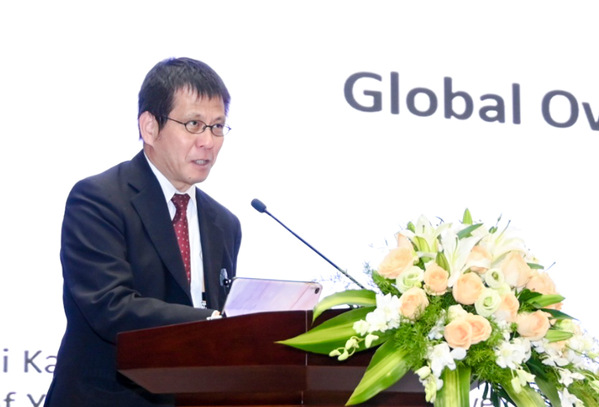
Hiromichi Katayama, Expert of UNESCO’s Section for Youth, Literacy and Skills Development
Hiromichi Katayama said that UNESCO was studying the impacts of digital education and skill systems, especially those of blockchains and Internet of Things on the entire skill training system, and at the same time promoting distance education and assessment, simulation education, flipping classrooms, etc.
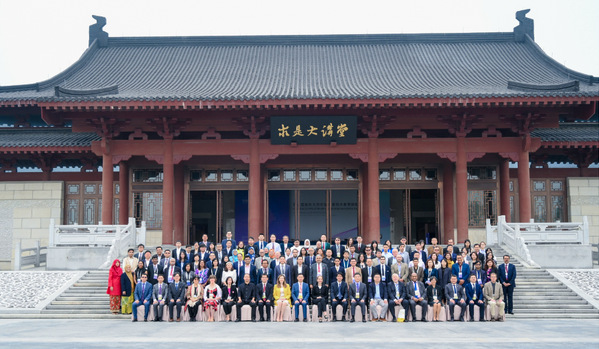
A photo of all participants
The main goal of this conference is to make sure the potential impacts of the fourth industrial revolution on education, discuss how entrepreneurship education responds to the fourth industrial revolution, share good practices in entrepreneurship education, and explore partnerships between each other. During the three-day conference, discussions would be conducted on aspects such as “future society and entrepreneurial qualities”, “smart technology and entrepreneurship education”, “social entrepreneurship and youth development”, “multi-participation”, “policy environment”, and “vocational education and entrepreneurial awareness”.


